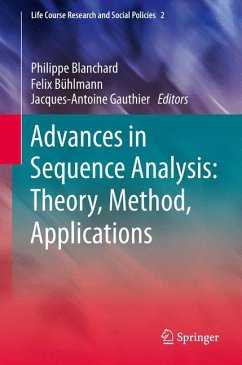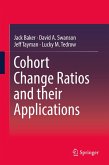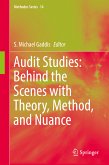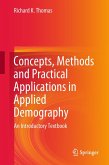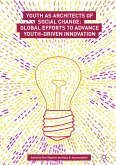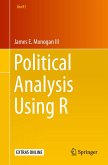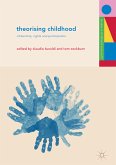This volume promotes the dialogue between approaches to sequence analysis that developed separately, within traditions contrasted in space and disciplines. It includes the latest developments in sequential concepts, coding, atypical datasets and time patterns, optimal matching and alternative algorithms, survey optimization, and visualization.
Field studies include original sequential material related to parenting in 19th-century Belgium, higher education and work in Finland and Italy, family formation before and after German reunification, French Jews persecuted inoccupied France, long-term trends in electoral participation, and regime democratization.
Overall the book reassesses the classical uses of sequences and it promotes new ways of collecting, formatting, representing and processing them. The introduction provides basic sequential concepts and tools, as well as a history of the method. Chapters are presented in a way that is both accessible to the beginner and informative to the expert.
Dieser Download kann aus rechtlichen Gründen nur mit Rechnungsadresse in A, B, BG, CY, CZ, D, DK, EW, E, FIN, F, GR, HR, H, IRL, I, LT, L, LR, M, NL, PL, P, R, S, SLO, SK ausgeliefert werden.
"Advances in Sequence Analysis: Theory, Method, Applications provides an elaborate compendium on SA, and it addresses to both new SA scholars and to experienced SA users who look for up-to-date developments on this methodology. Hence, it can be certainly of interest for population scientists who deal with duration data and who are interested in the latest developments in SA ... ." (Valentina Tocchioni, European Journal of Population, Vol. 31 (1), 2015)

